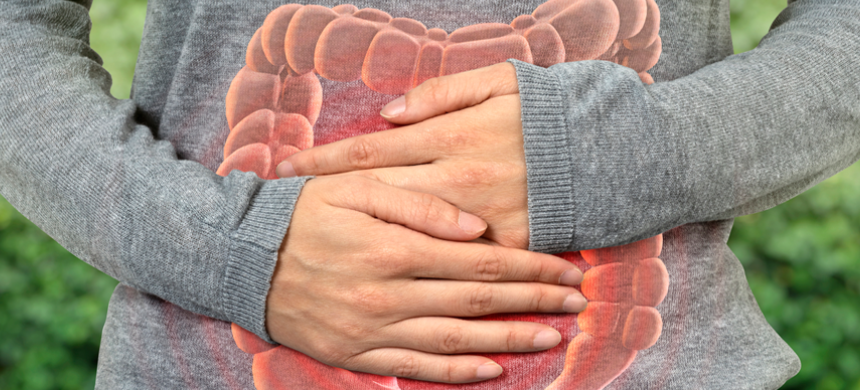Diet and Bowel Cancer: How Your Eating Habits Can Protect Your Health
Bowel cancer ranks as the third most common cancer globally, with its incidence increasing rapidly. However, a growing body of research reveals that preventing it is largely within your control—through the food you eat.
Two recent studies from Flinders University in Australia emphasize the critical role of dietary habits in influencing the risk of digestive system cancers, including bowel cancer. These studies highlight how poor diets increase the likelihood of colon and stomach cancers, while healthier dietary choices can significantly reduce these risks.
Read More: Morning Coffee Enhances Energy and Health, Study Finds
Key Findings: The Impact of Diet on Cancer Risk
- Unhealthy Diets Increase Risk
Diets high in red and processed meat, fast food, sugary drinks, and refined grains are linked to a higher likelihood of developing digestive cancers. These foods disrupt gut health, leading to inflammation and increased cancer risk. - Healthy Diets Provide Protection
Consuming fiber-rich foods, such as fruits, vegetables, whole grains, fish, legumes, and dairy products, promotes the growth of beneficial gut bacteria. These bacteria help reduce inflammation and protect against bowel and other digestive cancers. - Digestive Cancers on the Rise
Nearly one in four cancer cases globally involves organs in the digestive system, including the stomach, pancreas, and intestines. Alarmingly, the incidence of these cancers is growing, particularly among individuals under 50. - Global Recommendations Backed by Evidence
The research aligns with the World Cancer Research Fund’s recommendations to consume more whole grains, fruits, vegetables, and legumes while minimizing processed meats, sugary drinks, and fast food.
The Role of Gut Health in Cancer Prevention
A July 2024 study published in Nature Reviews Microbiology analyzed the effects of different diets on intestinal bacteria and their relationship with health. It found that:
- Fast food, rich in fat and sugar, fosters harmful bacteria and increases colon cancer risk.
- Plant-based and fiber-rich diets encourage healthy bacteria, reducing inflammation and the likelihood of diseases such as colon cancer, heart disease, and type 2 diabetes.
Practical Steps for Cancer Prevention
- Prioritize Fiber-Rich Foods
Include fruits, vegetables, whole grains, and legumes in your daily meals. - Limit Harmful Foods
Avoid red and processed meats, sugary drinks, refined grains, and fast food. - Opt for Healthy Fats
Use sources like fish, nuts, and olive oil instead of trans fats. - Moderate Alcohol Intake
Reducing or avoiding alcohol can significantly lower cancer risks.
Future Directions
While these findings underscore the importance of dietary choices in preventing bowel cancer, researchers stress the need for further studies to better understand the diet-cancer connection.
By making conscious food choices, individuals can take proactive steps to protect their digestive health and reduce their cancer risk. The results are a powerful reminder: the path to better health often begins on your plate.











